India’s Information and Broadcasting Minister Ashwini Vaishnaw said the deep-sea port is being built at Vadhavan in the western Indian state of Maharashtra at a cost of around $9 billion. The project is considered an integral part of the India-Middle East-Europe Economic Corridor (IMEC), announced by Indian Prime Minister Narendra Modi at the G20 Summit in September last year, according to the South China Morning Post on June 29.
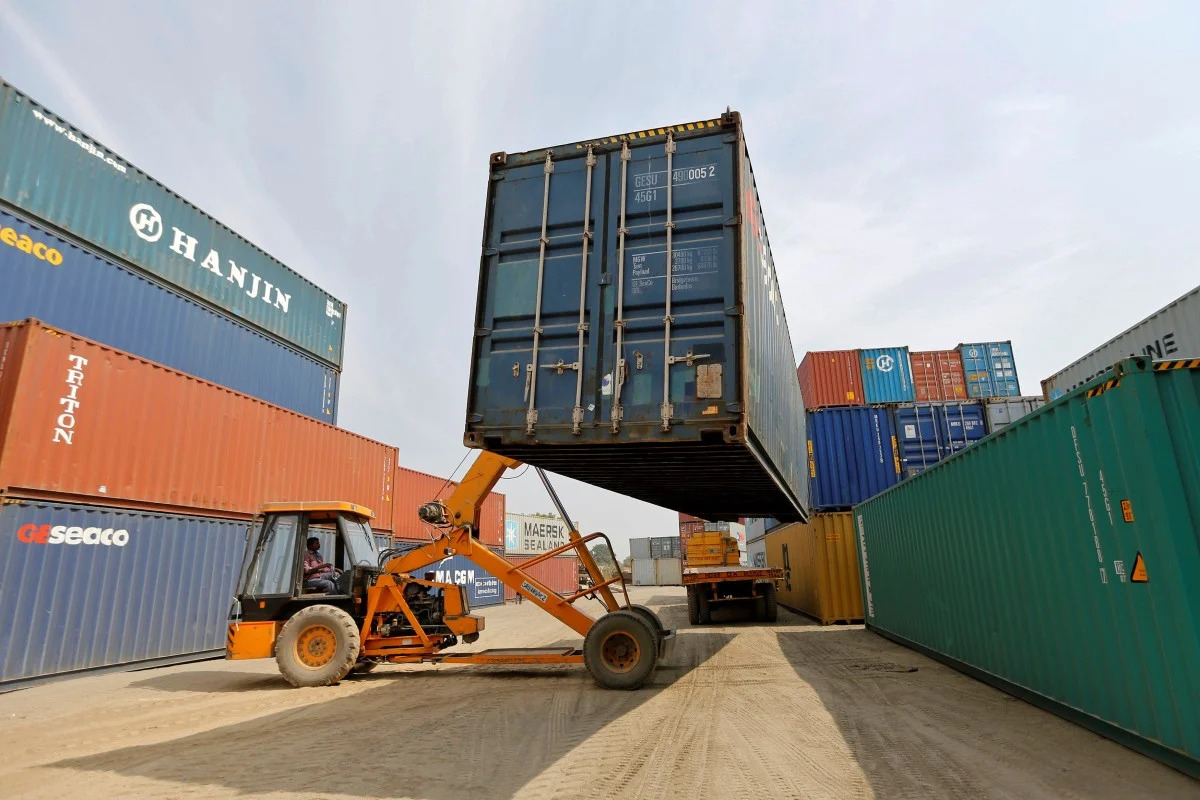
Export containers at a port in Gujarat state (India)
Vadhavan Port, scheduled to be completed by 2036, will be ranked among the top 10 ports in the world, creating 1.2 million jobs and helping save on long-distance freight costs. The project aims to build a seamless logistics corridor connecting India to Southern Europe through ports, rail and roads in the United Arab Emirates (UAE), Saudi Arabia, Jordan and Israel.
India has long been trying to develop new trade corridors to Europe to avoid dependence on a Chinese-run port network across South Asia and the Middle East.
"Once the IMEC is built, the new mega port in Vadhavan could become India's trade gateway to Europe and the Gulf region. I am very optimistic about this as India's track record in implementing such projects is improving," said Sreeradha Dutta, professor of international relations at Jindal Global University in India.
India has a free trade agreement with the UAE and is negotiating another with the EU. The South Asian nation aims to boost annual exports to $1 trillion by 2030. The IMEC project is described as integrating supply chains to promote joint manufacturing, undersea data cables and hydrogen pipelines as a sustainable fuel alternative, in line with the Gulf states’ economic diversification plans.
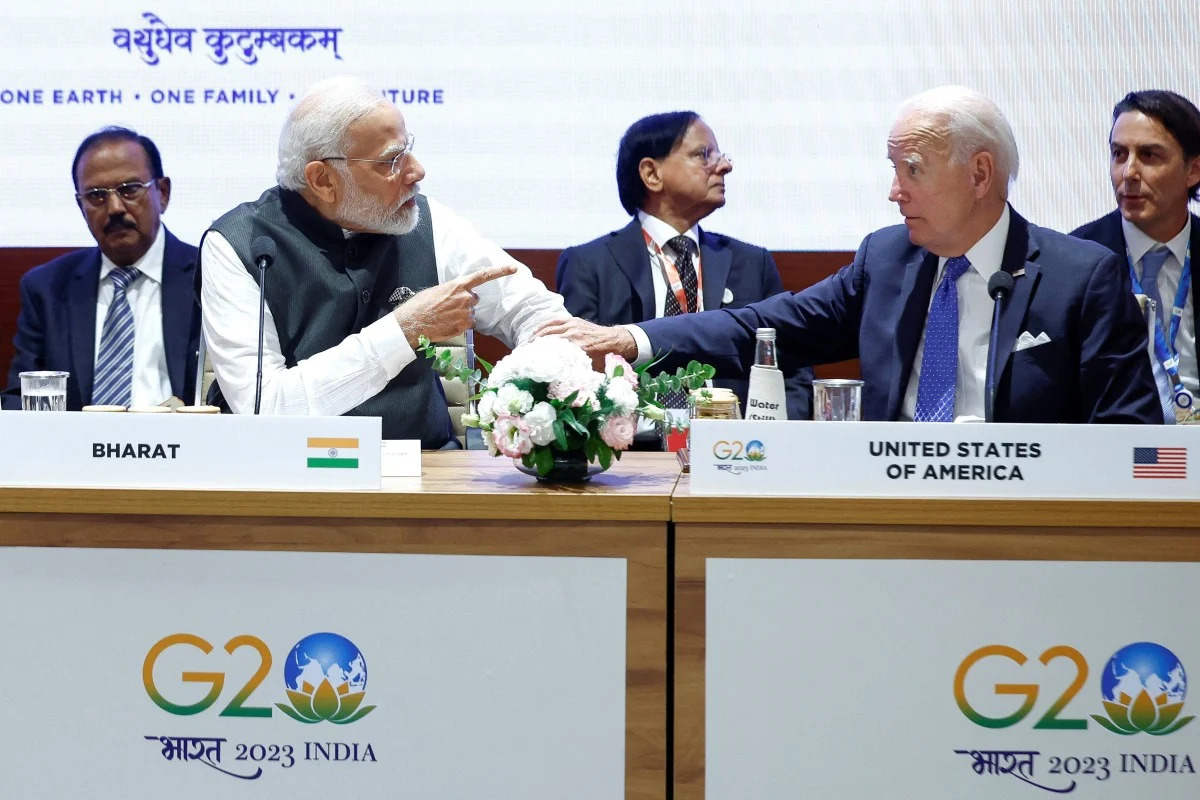
US President Joe Biden (right) and Indian Prime Minister Narendra Modi attend the G20 summit in New Delhi (India) in September 2023
Analysts say the IMEC project fits into India’s efforts to attract global companies like Apple and Tesla looking for alternatives to the Chinese market. India’s current lack of deep-water ports makes the Vadhavan project a strategic addition to these investment-boosting goals.
However, the implementation of IMEC has encountered a number of geopolitical obstacles, especially the growing tensions in the Middle East, making it nearly impossible to convene a conference from all sides. Analysts estimate that it will take one to two years before all partners are ready to discuss the project.
The real test will be whether key countries like the UAE and Saudi Arabia develop rail infrastructure along India's proposed corridor, said Manoj Joshi of the Observer Research Foundation.
Source: https://thanhnien.vn/an-do-rot-9-ti-usd-xay-sieu-cang-hang-dau-the-gioi-185240630074924823.htm










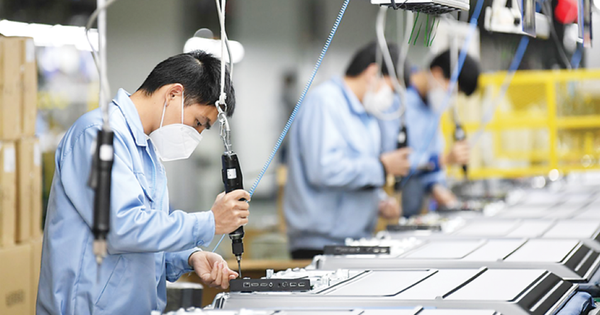

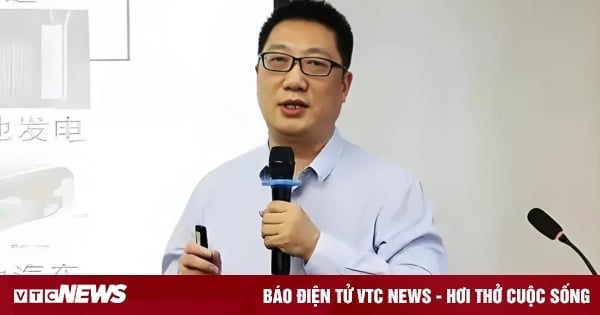


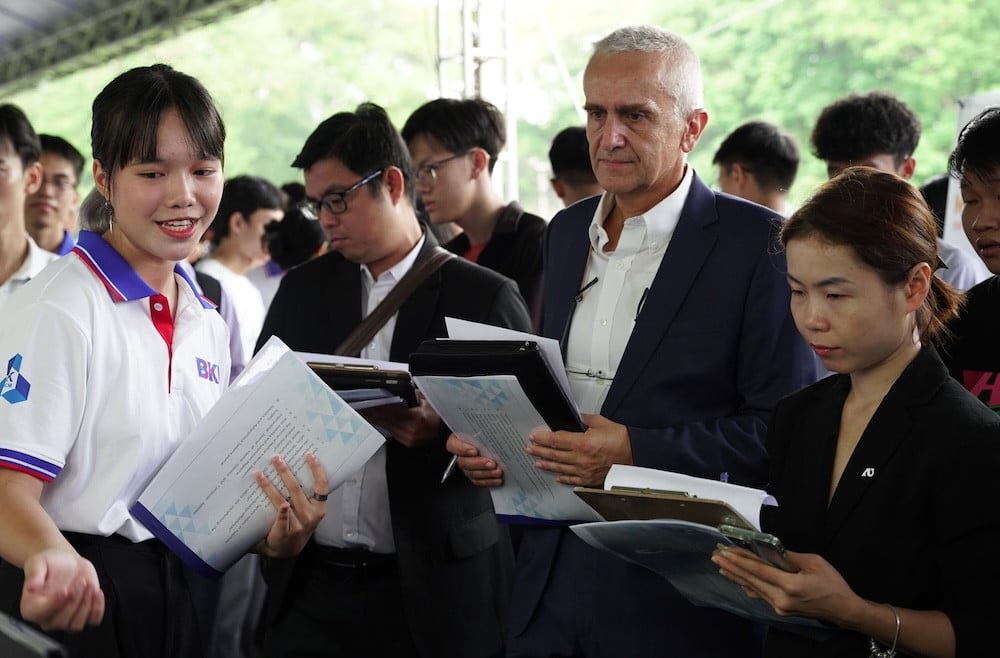
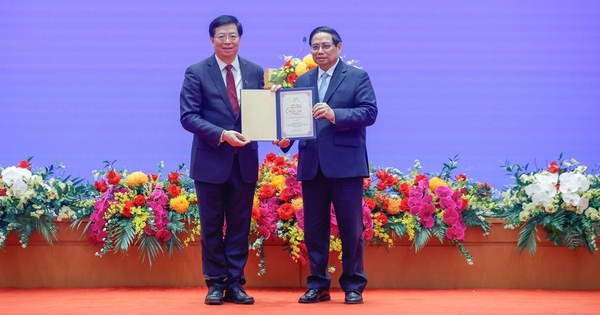










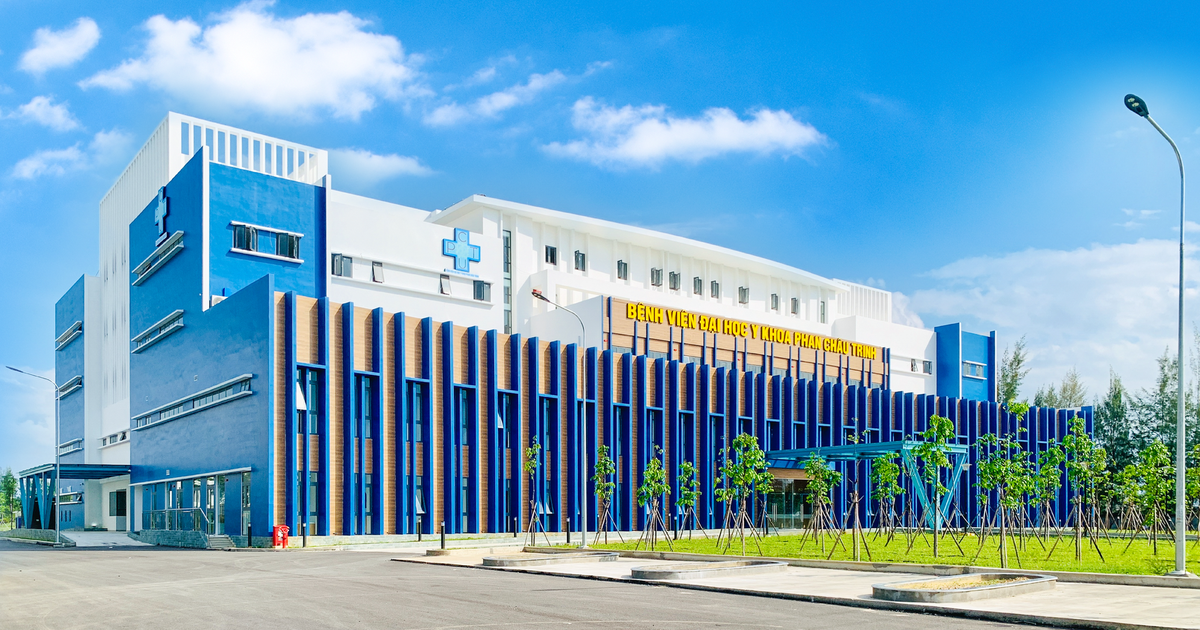
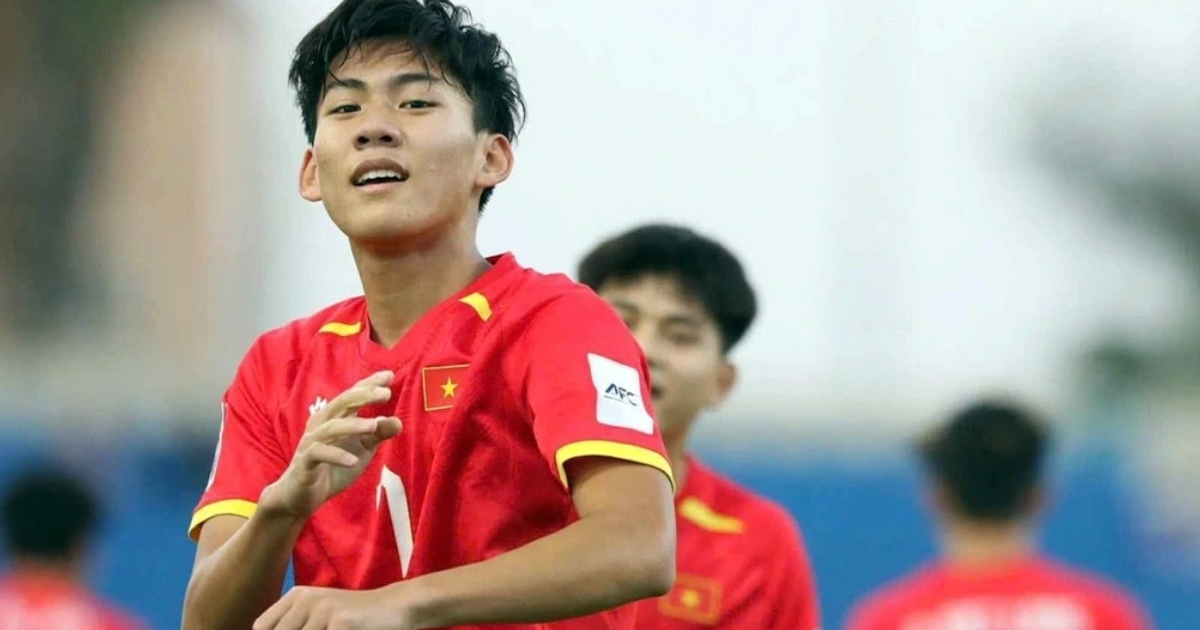
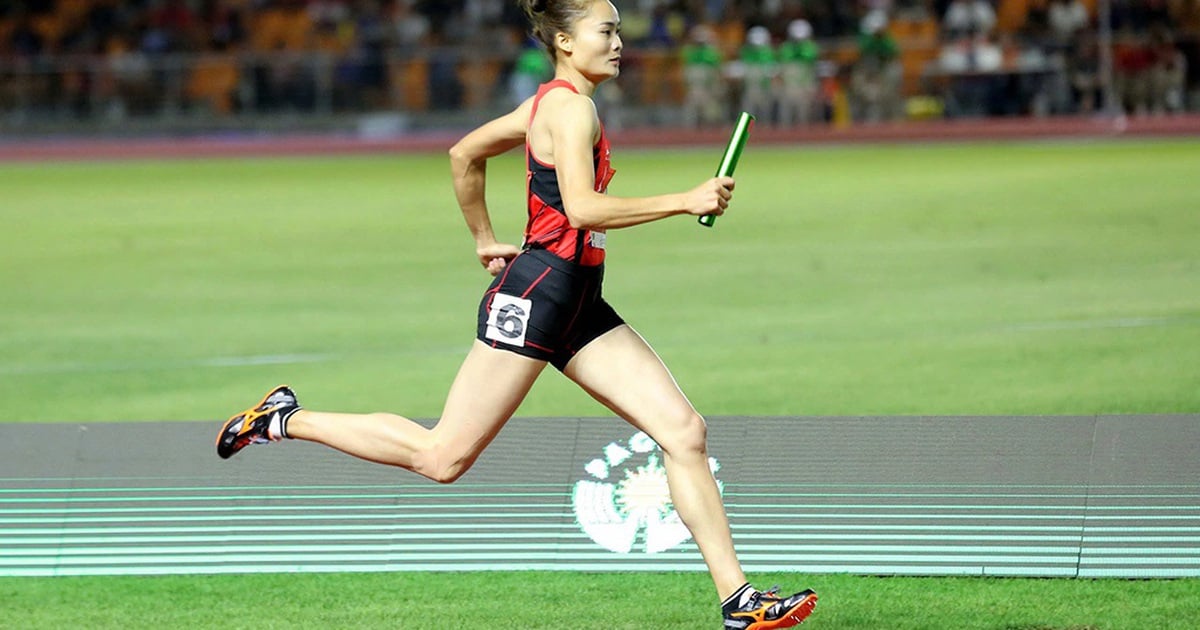
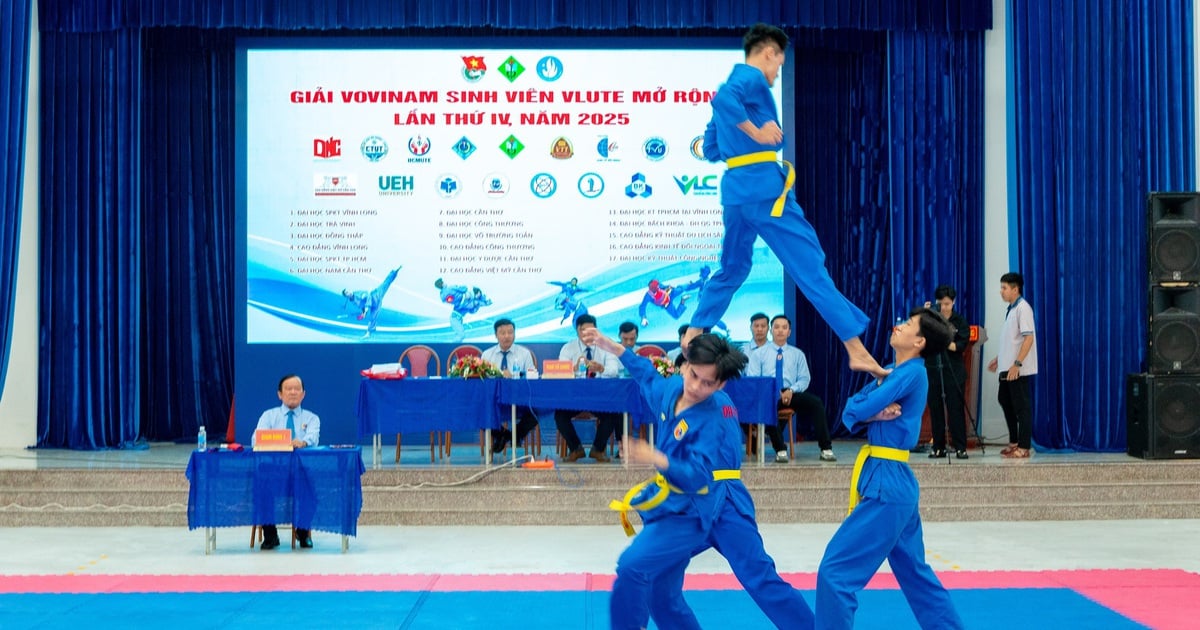


![[Photo] "Beauties" participate in the parade rehearsal at Bien Hoa airport](https://vstatic.vietnam.vn/vietnam/resource/IMAGE/2025/4/11/155502af3384431e918de0e2e585d13a)














































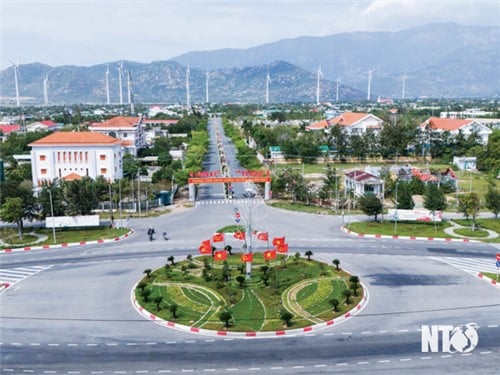

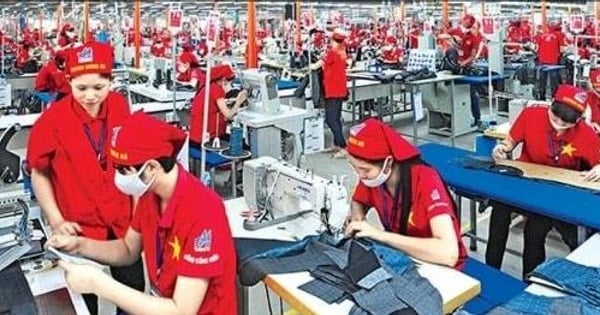

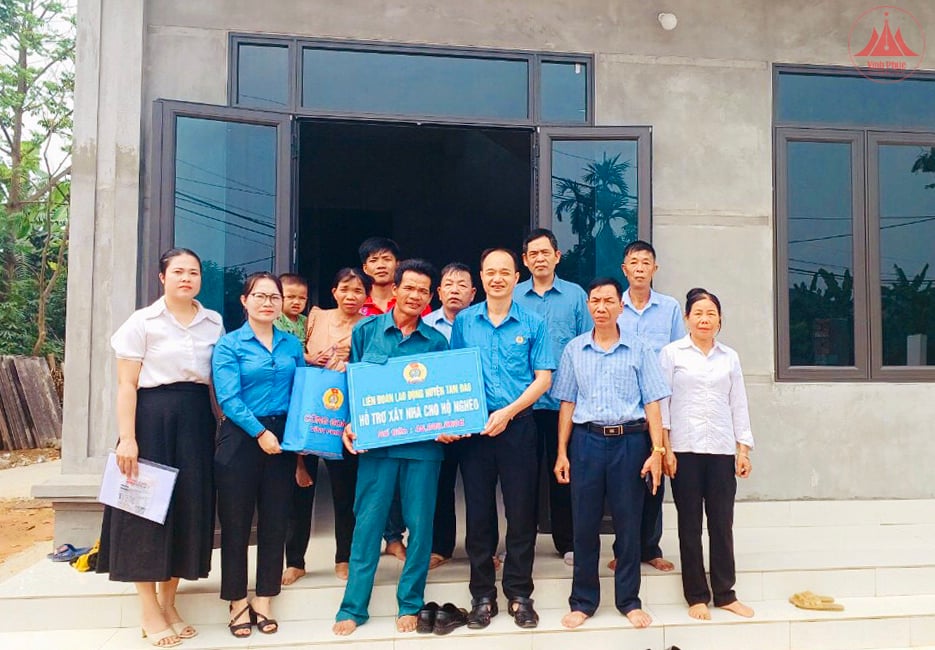














Comment (0)